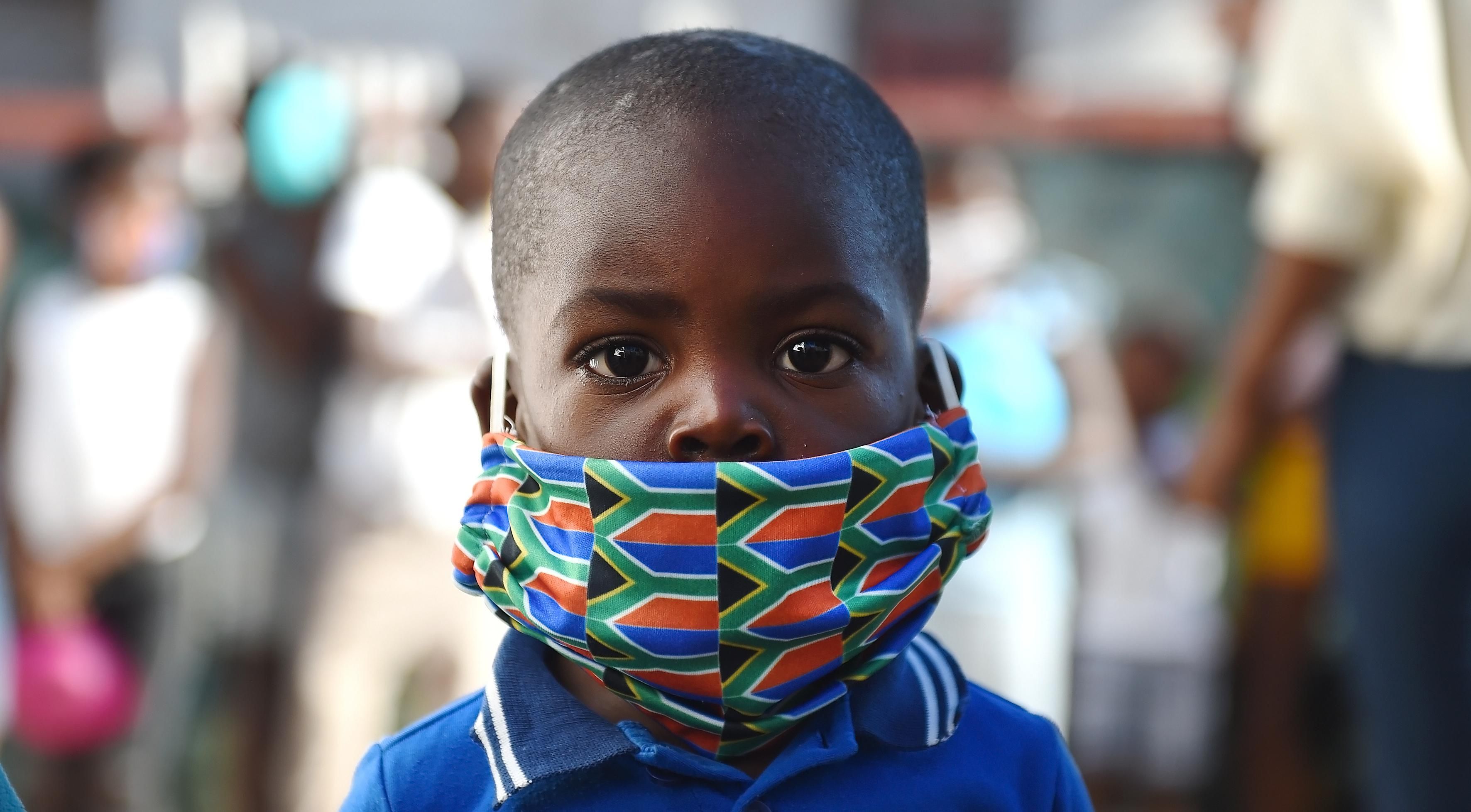News
December 29, 2020
1 million: South Africa, the African country hardest hit by the coronavirus pandemic, has now officially surpassed 1 million confirmed cases. In response, the government has imposed fresh restrictions on public gatherings and alcohol sales, and mandated mask-wearing in public. In South Africa, as elsewhere on the continent, there are worries about the availability of vaccines.
6.4: An earthquake ringing up 6.4 on the Richter scale rocked a small city near the Croatian capital on Tuesday, killing at least seven people and sending tremors throughout the Balkans. Neighboring Slovenia, which felt the tremors, shut down its main nuclear plant as a precaution.
65,000: More than 65,000 Iranians reportedly "volunteered" to participate in the first phase of human testing of an Iranian-made coronavirus vaccine. Of those, 56 were selected for the trial, which will last up to two months. Iran has already suffered more than 50,000 coronavirus deaths, the eighth highest total in the world.
125 billion: With the world mired in its worst economic crisis in decades, investment banks this year generated a record $125 billion in fees. The surge came as lenders and underwriters helped companies raise cash to weather the pandemic and its economic effects.More For You
America’s new National Security Strategy confirms what Europeans have feared for months: Washington now sees a strong, unified European Union as a problem to be solved, not an ally to be supported.
Most Popular
Sponsored posts
The power of sports
What's Good Wednesdays
What’s Good Wednesdays™, December 10, 2025
Walmart sponsored posts
Walmart's $350 billion commitment to American jobs
In this episode of Tools and Weapons, Microsoft Vice Chair and President Brad Smith sits down with Ed Policy, President and CEO of the Green Bay Packers, to discuss how purpose-driven leadership and innovation are shaping the future of one of the world’s most iconic sports franchises. Ed shares how technology and community-focused initiatives, from Titletown Tech to health and safety innovations on the field, are transforming not just the game of football, but the economy and culture of Green Bay itself. He explains how combining strategic vision with investment in local startups is keeping talent in the Midwest and creating opportunities that extend far beyond Lambeau Field.
Subscribe and find new episodes monthly, wherever you listen to podcasts.
Members of security forces stand guard outside a polliong station, a week late in a special election, after the local governing party kept voting closed on election day, amid accusations of sabotage and fraud, in a presidential race still too close to call as counting continues, in San Antonio de Flores, Honduras, December 7, 2025.
REUTERS/Leonel Estrada
More than a week after Hondurans cast their ballots in a presidential election, the country is still stuck in a potentially-dangerous post-election fog.
© 2025 GZERO Media. All Rights Reserved | A Eurasia Group media company.
